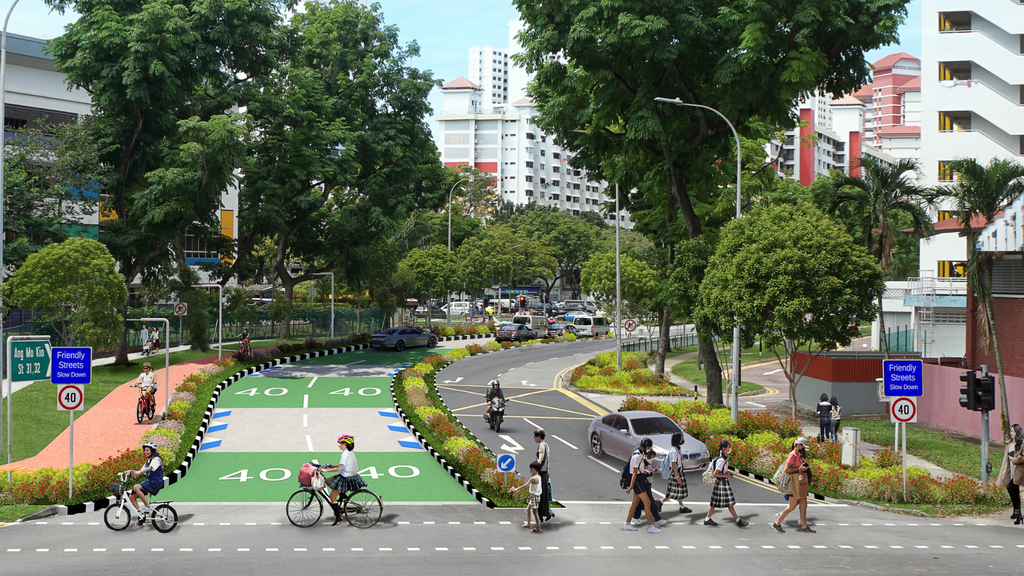
Governing for quality and performance
Public transport can ‘make or break’ a city.
A car-dependant city not only suffers from the economic challenges of road congestion, but also results in the environmental conditions for diabetes, obesity and cardio-vascular diseases, posing important health challenges. To some extent, these challenges could be viewed as a failure to deliver adequate public transport, i.e. services that are competitive enough to contribute to the acceptability of regulating car use. Therefore, in order to foster the modal shift, there is a need to enhance the quality of public transport systems.
Traditionally, Public Transport Authorities (PTAs) have based performance and quality measures on time, frequency of service, and value for money. Today, PTAs must adapt measures to account for the changing needs of customers.
This paper argues that customer-centricity lies in the issue of governance and deals with the underpinning structures and processes. With this perspective, it starts with a review of the current paradigm under which quality and performance are currently assessed, proposing a critical view on current tools and instruments. As an alternative, it puts forward overarching principles for the organisation of services.







